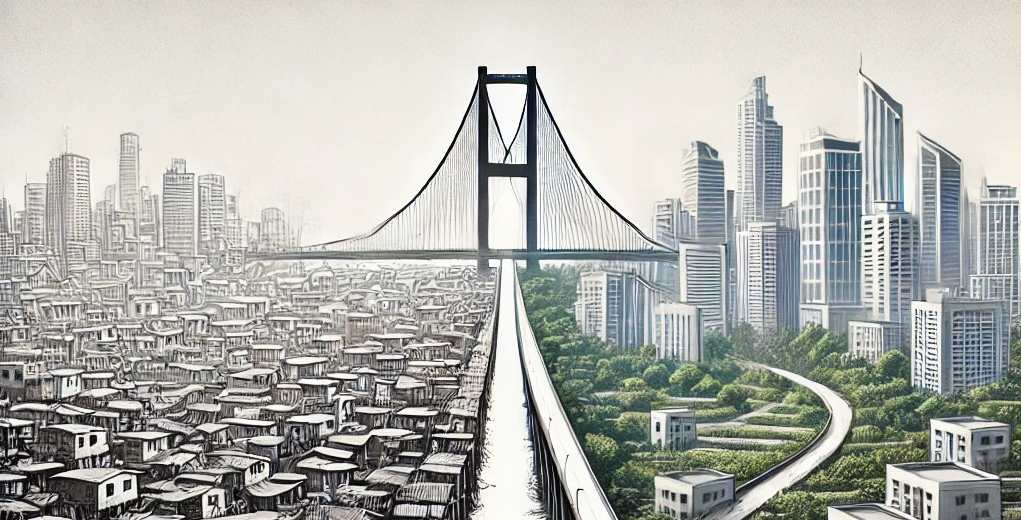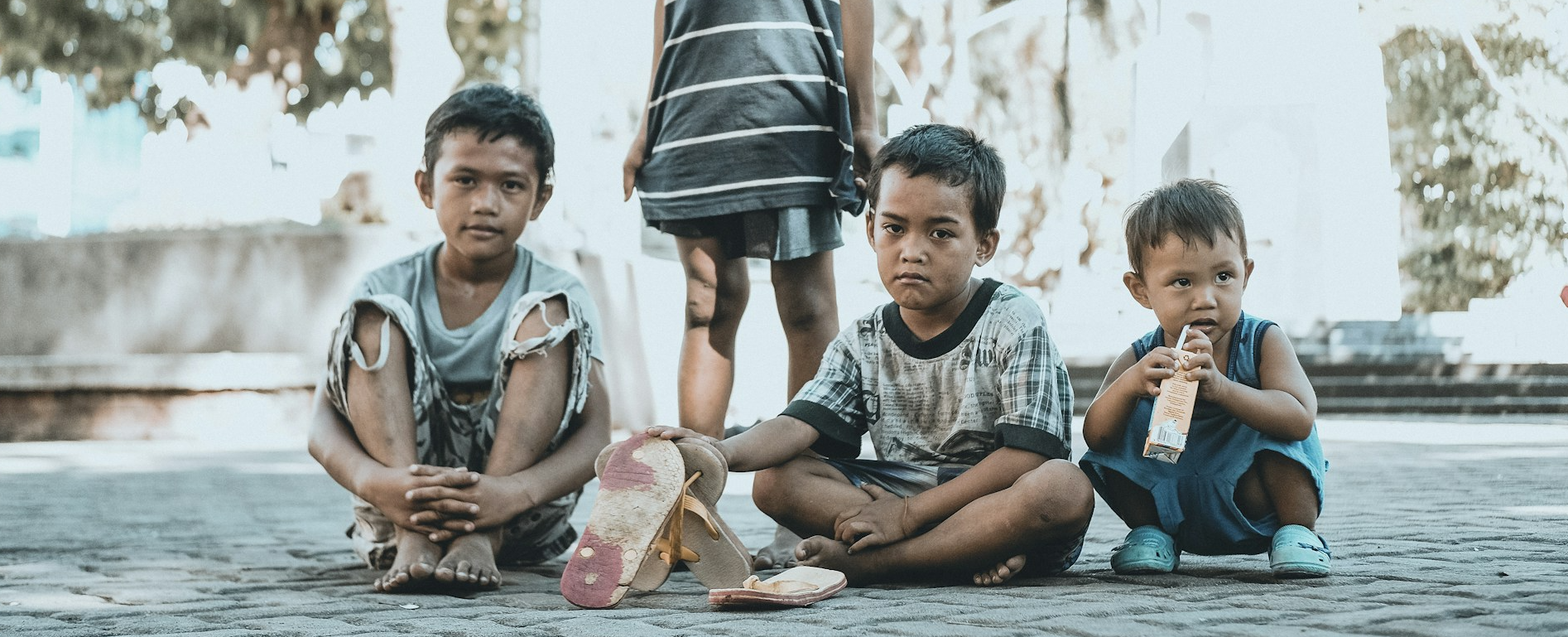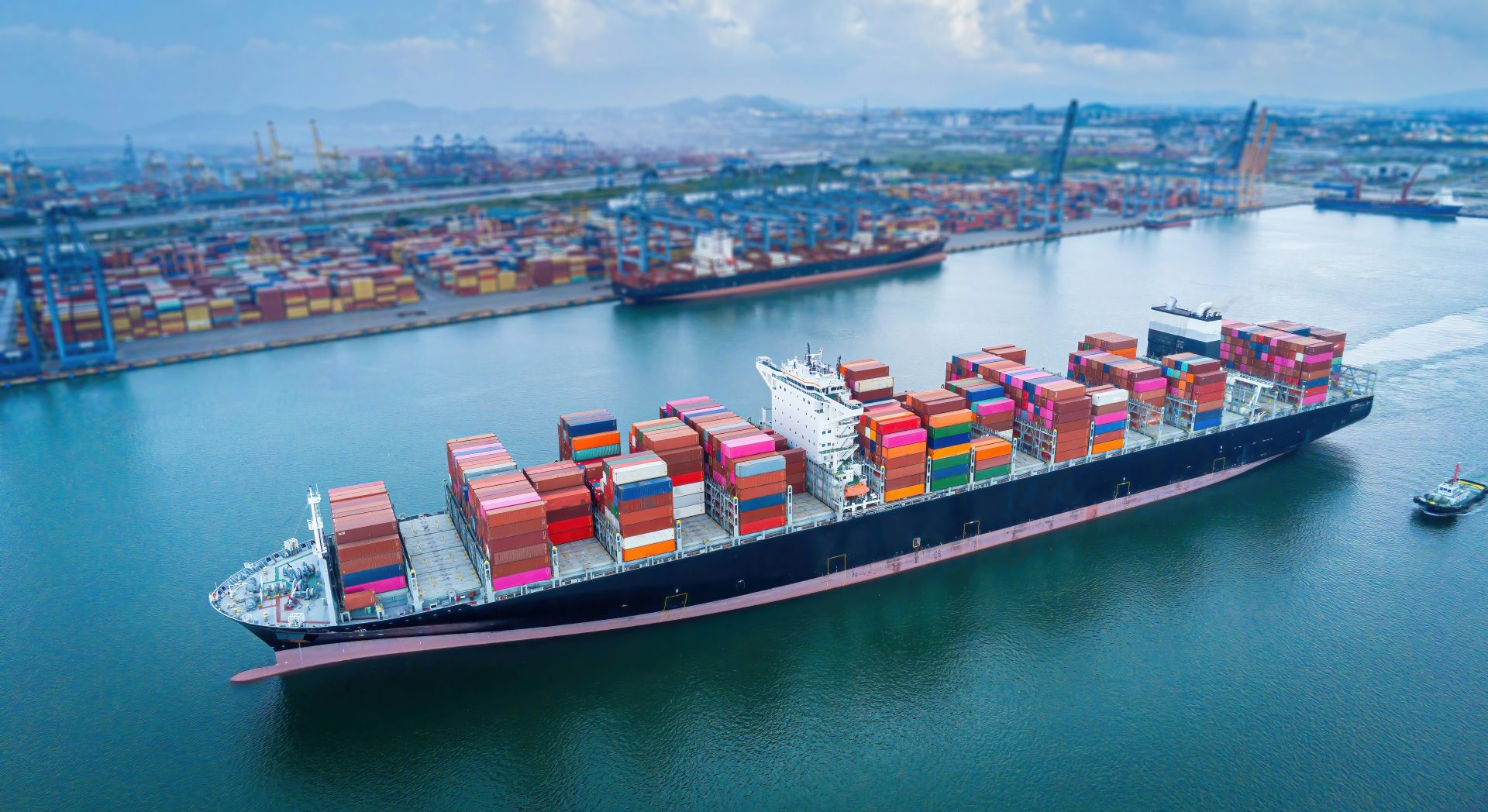Bridges to Shared Humanity: A Global Culture for an Interconnected Planet
On October 26th, I will participate in the panel ‘Bridges to Shared Humanity’ at the Horasis Global Meeting in Vitória, Brazil. In preparation for this event, I reflect on the theme.
The difficulty in reaching a consensus on what works or fails, what is right or wrong, is often rooted in a fundamental distinction between analysis and synthesis. Most people, experts in their fields—whether in medicine, sociology, politics, or many other areas—tend to approach problems with an analytical mindset, fragmenting the problem into smaller parts and using tools and experiences accumulated throughout their lives.
A clear example of this analytical approach is the debate on child malnutrition in developing countries, such as Bangladesh. The problem is often treated as a public health issue: the lack of nutrients or medicine for children results in diseases, developmental deficits, and other serious complications. In light of this, the most obvious solution seems to be increasing resources for the distribution of food and medicine, whether through taxes, donations, or budget reallocations, to neutralize the immediate cause of hunger.
However, when we look at the problem from a synthesized perspective, the scenario becomes much more complex and, at the same time, reveals issues that often escape traditional analysis. Synthesis goes beyond breaking the problem into parts; it seeks to understand it in a systemic context, considering the interconnections and mutual influences of various factors.
For example, malnutrition in Bangladesh or anywhere else is not an isolated problem but part of a dynamic system where politics, economics, corruption, and culture intertwine. Without understanding how each of these factors influences and is influenced by the others, the solution will never be complete. We can feed children today, but if we don’t address the corruption that drains resources and prevents the effective implementation of long-term policies, we are allowing the problem to persist.
Synthesis forces us to think about intergenerational consequences. It is not enough to be sensitive to the needs of children now; we have a moral obligation to future generations as well. Corruption, which is often an invisible force behind structural challenges, is a clear example of how a purely analytical approach can fail.
Even if all good intentions and resources are mobilized to feed and medicate children, if there isn’t a comprehensive understanding of the system’s failure—such as corruption in the acquisition and distribution of food and medicine—these efforts will be insufficient. Ironically, many of those on the front lines trying to solve malnutrition may not be equipped to deal with corruption simply because they are not looking at the system as a whole. This is partly because it lies outside their area of expertise and comfort, and ultimately because educational systems—from school to work—fail to prepare us to work in multidisciplinary teams, favoring homogeneous environments.
This is a global problem that transcends countries, eras, and cultures. Poverty, climate change, wars, and political conflicts are not isolated problems; they are symptoms of interconnected systems whose causes are intertwined in a complex web of historical, economic, geographical, and cultural factors. Yet, we often treat these problems with an analytical approach, fragmenting the challenges into their constituent parts and attempting to solve them in isolation. While this approach has its value, it fails to recognize that complex systems require holistic solutions.
As the renowned thinker Donella Meadows argued in her classic book Thinking in Systems: “The more interconnected the components of a system, the more important it is to understand the whole.” Global systems are dynamic and interdependent, and solving problems effectively requires taking these interconnected elements into account. The lack of qualified people to address these types of challenges partly explains why we continue to use inadequate tools. As Abraham Maslow said, “When the only tool you have is a hammer, every problem looks like a nail.”
An example of this dynamic can be seen in the obsession with GDP growth. To create jobs and lift people out of poverty, economic growth is essential. However, economic growth beyond a certain level also becomes environmentally unsustainable.
Imagine, for example, families who, as they become wealthier, increase their consumption of fish beyond the species’ reproduction rate, leading to extinction. This imbalance, in turn, may raise prices, pushing these same families back into poverty. In other words, we can choose sustainable, limited, and systemic aware growth, or immediate poverty reduction, which, in the medium and long term, will compromise both these individuals and future generations—but not both!
Another example can be observed among orthodox religious groups, such as the Haredim in Israel. Many of them live in extreme poverty, and the most immediate solution seems to be income redistribution. However, a more synthesized approach reveals that the root of this poverty is, to a large extent, a political issue: their leaders wield influence to limit basic education, restricting subjects like mathematics and science and their participation in the military, which reduces their social integration.
The lack of participation in the labor market hampers the development of human capital. Moreover, there is continuous encouragement to have many children, often beyond their economic capacity. Income redistribution, paradoxically, contributes to the maintenance of the status quo, as it removes the incentives for structural changes.
Now tell me: how many people would imagine that income transfers could be part of the cause of poverty rather than its solution? And how many people understand that, without addressing the underlying political issue, we will not be able to tackle poverty effectively and sustainably?
To face these challenges, we urgently need a global culture that prioritizes a synthetic view of humanity’s problems, valuing the scientific method, objective measurement, and a focus on results rather than simply emphasizing effort & good intentions.
However, the current political system prioritizes the short-term and narratives over essence and truth. Only a revision of the republican model can free us from the limitations that the governmental structure imposes on global society in the search for solutions to the challenges that threaten us. This new cultural code must be incorporated into constitutions. I call my proposal GOD – Genesis Oriented Democracy; learn more in this article.
As Václav Havel, the first president of the Czech Republic, once said: “Without a global revolution in the sphere of human consciousness, nothing will change for the better in the sphere of our being as humans.”



